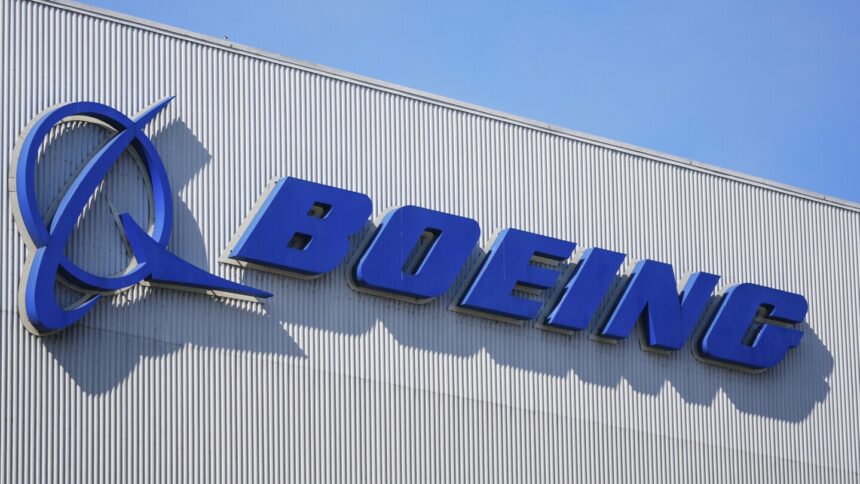Boeing workers have rejected another contract proposal, prolonging their strike that has now entered its sixth week at three Midwest plants involved in the production of military aircraft and weapons. The decision, made during a vote on Friday, keeps approximately 3,200 workers on the picket lines, as announced by the International Association of Machinists and Aerospace Workers District 837.
The union reported that 57% of its members voted against the latest proposal, which had been modified by Boeing. The main points of contention included insufficient signing bonuses compared to those received by other Boeing employees and inadequate adjustments to 401(k) benefits.
Dan Gillian, Boeing’s vice president and general manager for Air Dominance, expressed disappointment in the rejection, emphasizing the company’s offer of a five-year contract with an average wage increase of 45%. According to Gillian, while the company has consistently adjusted its proposals based on employee feedback, the overall economic framework remains unchanged.
With negotiations now stalled, Boeing announced that no further talks are scheduled. The company intends to proceed with its contingency plan, which includes hiring permanent replacement workers to ensure continued support for its customers.
The strike, which began on August 4, is smaller in scale than a previous walkout last year involving 33,000 Boeing workers who assemble commercial jets. However, it poses risks to the company’s ongoing recovery efforts, particularly as Boeing’s Defense, Space & Security division represents over a third of its revenue.
Leading up to the strike, negotiations had intensified after workers previously rejected an offer that included a 20% wage increase over the life of the contract, accompanied by $5,000 ratification bonuses. When Boeing countered with a modified proposal that maintained the pay raise but eliminated a scheduling clause affecting overtime pay, workers again turned it down, resulting in the current strike.
Boeing’s struggles are further complicated by previous incidents that have raised safety concerns, particularly regarding the 737 Max aircraft, which faced several federal investigations following a serious incident last year. The company has been navigating a challenging period in the wake of two fatal crashes of the 737 Max in 2018 and 2019, which claimed 346 lives.
Based in Arlington, Virginia, Boeing employs over 170,000 workers across the United States and has a presence in more than 65 countries worldwide.






